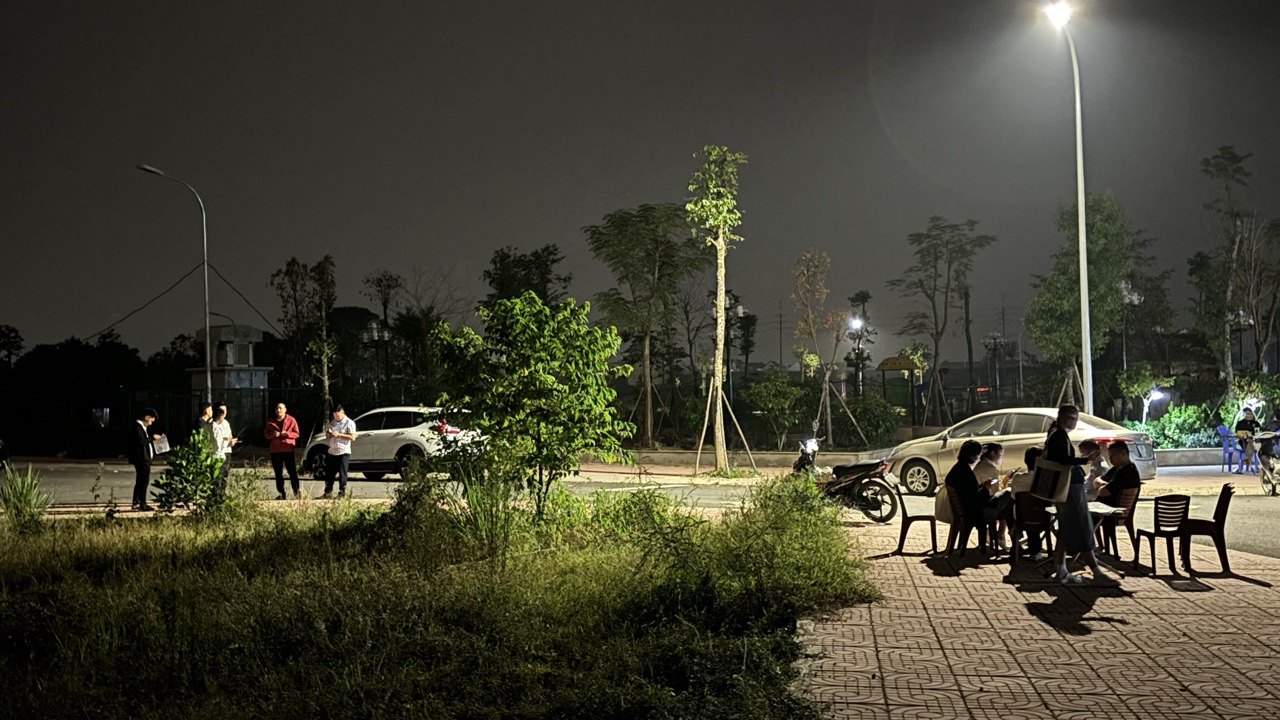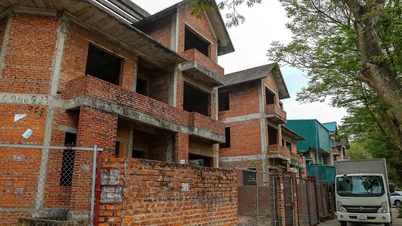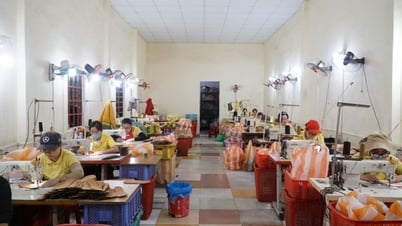With this policy, the more times a property is bought and sold in a short period of time, the higher the tax rate will be. Currently, some countries have applied this tax calculation method to prevent speculation and real estate bubbles.
Ministry of Finance proposes taxing house and land sales based on ownership period
With this policy, the more times a property is bought and sold in a short period of time, the higher the tax rate will be. Currently, some countries have applied this tax calculation method to prevent speculation and real estate bubbles.
Recently, the Ministry of Finance has submitted to the Government a proposal to develop a draft Law on Personal Income Tax (replacement). In particular, the Ministry has proposed amending and supplementing regulations on taxable income of individuals from real estate transfers to ensure consistency with the 2024 Land Law.
Specifically in the submission, the Ministry of Finance said that the current personal income tax policy does not differentiate according to the transferor's real estate holding period.
 |
| The Ministry of Finance's tax proposal directly targets real estate speculators. Photo: Thanh Vu |
Meanwhile, a number of countries around the world have used tax tools to increase the cost of speculative behavior and reduce the attractiveness of real estate speculation in the economy , including personal income tax.
Notably, some countries also apply taxes on profits from real estate transactions based on the frequency of transactions and the time between buying and selling the property. The faster this time occurs, the higher the tax rate, and the slower it occurs, the lower the tax rate.
The Ministry of Finance cited that in Singapore, land bought and sold in the first year is taxed 100% on the difference in value. After 2 years, the tax rate is 50%. By the third year, the figure will be 25%.
In Taiwan, real estate transactions made within the first 2 years after purchase, the tax rate is 45%. Made within 2-5 years, the tax rate will be 35%. Within 5-10 years it is 20% and after 10 years it is 15%.
According to the Ministry of Finance, in order to have a reasonable level of regulation and avoid speculation and real estate bubbles, the State can study to collect tax on personal income from real estate transfers based on the holding period as experienced by some countries.
Regarding the specific tax rate, the Ministry of Finance believes that it needs to be studied and determined appropriately, reflecting the actual operation of the real estate market. In addition, the application of personal income tax policy on real estate transfers based on holding period needs to be synchronized with the process of perfecting policies related to land and housing.
Besides, the synchronization and readiness of information technology infrastructure for land and real estate registration is also an important factor determining the success of the policy.
Previously, in September 2024, in an official dispatch sent to the Government Office reporting on real estate prices, the Ministry of Construction said it would study and propose a tax policy for cases of owning and using many houses and lands to limit speculation and buying and selling in a short period of time.
Not long after, the Ministry of Finance agreed with the Ministry of Construction’s proposal to levy this tax. However, Mr. Nguyen Duc Chi, Deputy Minister of Finance, also affirmed that if only relying on tax policy, the goal of limiting speculation and stabilizing the market will be difficult to achieve. Instead, the policy system needs to have synchronization between regulations on land, planning, etc.
Source: https://baodautu.vn/batdongsan/bo-tai-chinh-de-xuat-danh-thue-mua-ban-nha-dat-theo-thoi-gian-so-huu-d230963.html



![[Photo] Readers line up to visit the photo exhibition and receive a special publication commemorating the 135th birthday of President Ho Chi Minh at Nhan Dan Newspaper](https://vphoto.vietnam.vn/thumb/1200x675/vietnam/resource/IMAGE/2025/5/17/85b3197fc6bd43e6a9ee4db15101005b)
![[Photo] Prime Minister Pham Minh Chinh chairs meeting on science and technology development](https://vphoto.vietnam.vn/thumb/1200x675/vietnam/resource/IMAGE/2025/5/17/ae80dd74c384439789b12013c738a045)

![[Photo] More than 17,000 candidates participate in the 2025 SPT Competency Assessment Test of Hanoi National University of Education](https://vphoto.vietnam.vn/thumb/1200x675/vietnam/resource/IMAGE/2025/5/17/e538d9a1636c407cbb211b314e6303fd)
![[Photo] Nearly 3,000 students moved by stories about soldiers](https://vphoto.vietnam.vn/thumb/1200x675/vietnam/resource/IMAGE/2025/5/17/21da57c8241e42438b423eaa37215e0e)



































































































Comment (0)